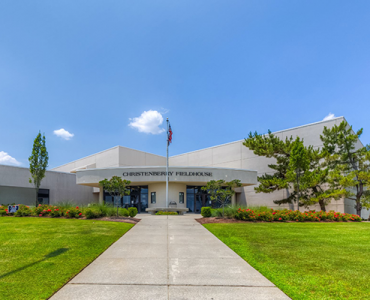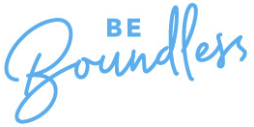The looming fear of finding a job with our freshly-attained degree is…well, frightening. A lot of us work in college. We’ve applied for jobs before, possibly even had interviews and office experience, but it’s a little more intimidating when we can no longer claim “student” status and are expected to be out in the job market and ready to go.
Getting started
1. Get experience now
Although you might be a full-time student juggling classes, homework, and a social life, it’s important to start getting experience as soon as possible. This experience can include volunteer work, internships, or other unpaid positions. It’s also helpful if the area in which you’re volunteering or interning is applicable to your degree.
There are dozens of internship opportunities with Augusta University, for almost every major. Career Services can help you find one that’s right for you, and you can start learning now how to get used to the field and become more comfortable, as well as getting that ever-valuable experience.
Ms. Melissa Hall, consultant at Career Services, suggests the best time to get started finding these opportunities is your sophomore year, but don’t worry if you’re already a junior, or even at the start of your senior year. You can still gain valuable knowledge from an internship later in your college journey. Search for volunteer and internship opportunities through Handshake on the Career Services page or at augusta.edu/volunteer.
2. Practice networking
“It’s never too early to start developing networking skills,” Ms. Hall says. More often than not, it’s prior connections that lead to future opportunities for a work environment. Ms. Hall also recommends getting involved in networking events.
Networking events can guide you through how to meet and talk to potential employers, and they also often have local professionals there to help get you started building connections, including Pamplin College’s Future Fest, held every fall semester, and etiquette dinners on Summerville and Health Sciences campus every spring. At these events, professors help make the first introductions between students, professionals, and future mentors, providing a helpful bridge into the professional world
There are also networking opportunities all around Augusta, off-campus, such as Sip and Socialize, and Goodwill’s Lunch and Learn.
3. Utilize resources
Ultimately, Ms. Hall’s biggest recommendation for students is to take advantage of Career Services and the resources they provide.
Not only does Career Services organize events like Future Fest and the etiquette dinners, they have career consultants like Ms. Hall who can help students with everything from deciding a major to résumé review and finding a suitable internship opportunity for you. Each consultant helps students in specific fields, and so give specialized advice tailored to you and your major.
In addition, the Career Services website offers Handshake, a one-stop portal that allows students to register for Career Services programs and schedule individual appointments with consultants.
The ever-important résumé
It’s never too early to start making sure your résumé is your best foot forward. It’s important to know what the employers you’re approaching are looking for, and also how best to showcase what experience you have to shine a light on your accomplishments.
1. How to include relevant coursework on your résumé
Every résumé needs to include a portion on education—this is non-negotiable. What’s easy to get confused about, though, is what parts of your education to highlight and what isn’t so important.
Here, the most valuable advice is to remember your audience. Note specialized coursework you’ve done that is applicable to the job for which you’re applying. What will your potential employer be interested in seeing? For example, if you’re applying for a lab internship position, list previous courses you’ve had which make you qualified to apply. Have you done any undergraduate research? List that too. Make sure to also include when you took the courses.
2. How to line up references
Most applications will either require or request references. You can get references from professors, supervisors, and employers. Most students try to have at least one of each, but again, this can change depending on what kind of position you’re applying for. If you’re applying for an academic program, for example, professor references will likely be more applicable than employer references, so you might include more professor references.
Always ask permission before including someone as a reference on your résumé. Even if you have asked, but it’s been a while since you’ve used the résumé, double-check with your references to make sure they still agree to be listed.
It’s also important to ask people to be references with whom you have a strong working relationship. For example, a professor from whom you’ve taken a class, but haven’t spoken to since then, is probably not a good reference. They won’t know enough about you to be able to say anything worthwhile, and it can put them and you in an awkward position.
3. How to customize cover letters
Some potential employers will ask for cover letters as part of the application process. Here, it’s vital to customize your letter to your audience.
The same cover letter will not work for every job. A cover letter is your opportunity to show that you know something about the business, organization, or internship you’re applying to and to emphasize your past experience as it will apply to the specific job.
Career Services can help by reviewing cover letters and résumés, as does the Writing Center. Don’t be afraid to ask for help if you’re unsure of how to start!
Take the first step
Eventually, your college days will end and you will get to use your degree. It’s vital to start building the foundation for your future success now. Use these tips and the resources available to you through Career Services to get started!





